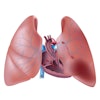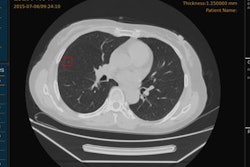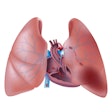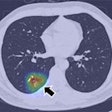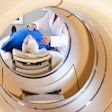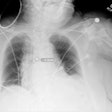Dear AuntMinnie Member,
Many radiologists are fearful of the ways in which artificial intelligence (AI) could affect their discipline. Some foresee a nightmarish future in which computers take over image interpretation tasks once performed by radiologists, leaving humans both unemployed and saddled with years of medical school debt.
But that's not the future envisioned by a series of speakers at this week's NVIDIA GPU Technology Conference (GTC 2017) in San Jose, CA. Some of radiology's most visionary thinkers described a future in which humans and computers work together to be smarter and more powerful than either could be working alone.
Dr. Keith Dreyer of Massachusetts General Hospital believes that artificial intelligence will bring a variety of benefits to radiologists, from providing decision support to identifying clinical conditions and improving patient outcomes. Dr. Curtis Langlotz of Stanford University likens using AI without a radiologist to flying a jumbo jet without a human pilot, and Dr. Daniel Rubin of Stanford sees AI as helping to reduce physician variation in taking care of patients. Read more about their thoughts by clicking here for a story in our Artificial Intelligence Community.
Also from GTC 2017 is an article about how researchers at Stanford are using a convolutional neural network algorithm to address the thorny problem of predicting the prognosis of patients who have suspicious lesions from CT lung scans. You can reach that article by clicking here, or visit the community at ai.auntminnie.com.
New MICI Q2 numbers
In other news, new numbers are out for the second quarter of 2017 in the Medical Imaging Confidence Index (MICI), a closely watched barometer of sentiment among radiology administrators, performed by the MarkeTech Group in conjunction with the AHRA. While the Q2 numbers don't show any huge swings in optimism compared to the first quarter, comments made by many survey respondents indicate they are concerned about whether political turbulence in Washington, DC, will spill over into their operations. Read more and see the new numbers by clicking here.
Sexual harassment in radiology
Radiology has fortunately had low rates of sexual harassment, but the specialty is not immune to the problem. In fact, a new study found that 10% of radiologists have experienced sexual harassment in some form, according to an article we're featuring in our Imaging Leaders Community.
